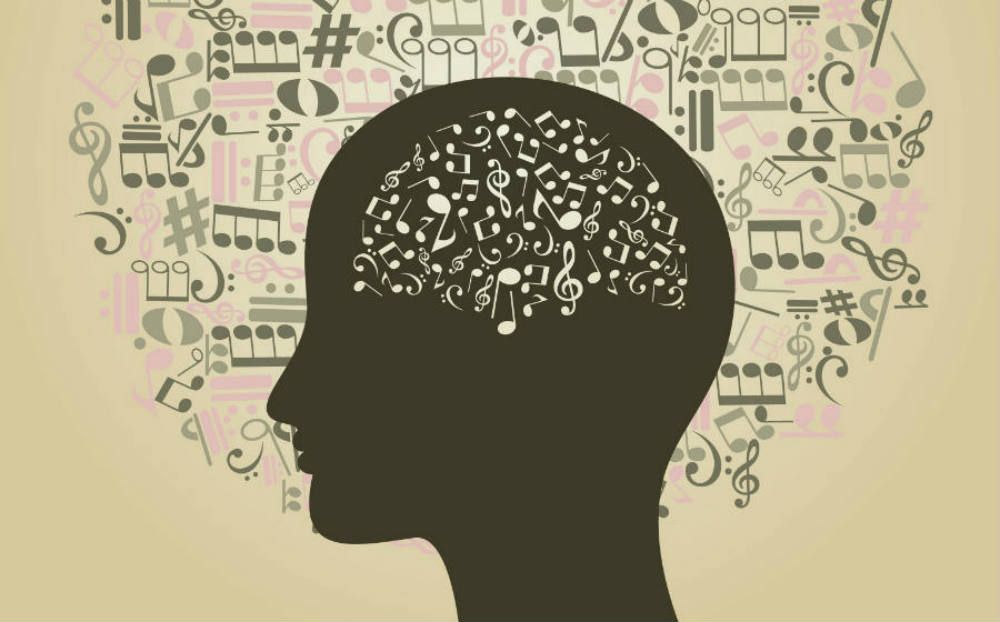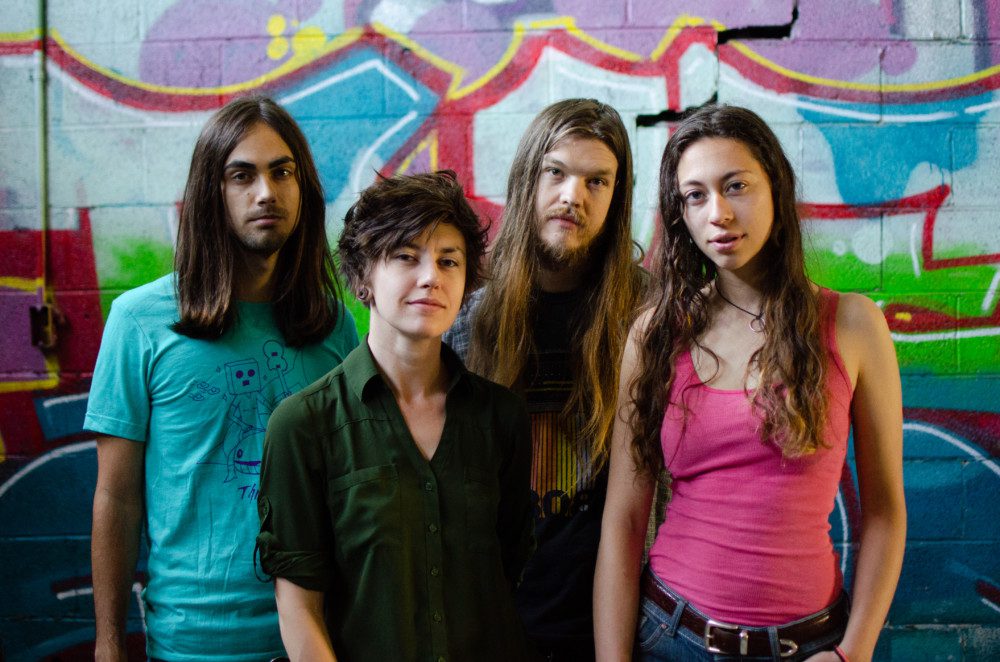
On October 10, 2017, I was plotting my escape from my boyfriend’s squished studio apartment. Everything about it made me want to scream: the way his beard felt on my face when he went weeks without shaving, the pizza boxes he’d carelessly strewn all over the kitchen, the obnoxious Homer-Simpson-like “doh” he emitted when he made a dumb mistake. My angst kept me up until 7 a.m., working from his couch, playing my favorite songs on Youtube to maintain my sanity. Then, “Sundress” by Ben Kweller came on.
I want to start going on a morning walk
What about the days when we used to talk?
I don’t need a smile from a mannequin
I just want to hold you in my hands
I do everything you want me to
The opening piano cords hit me hard. The refrain felt like coming home. I went to the bathroom and cried and cried so I wouldn’t wake my partner up. What the hell was I thinking? He would do anything I want him to. He just wanted to hold me in his hands. I missed the days when we used to talk.
“I want to start going on a morning walk,” I announced the next day, not mentioning that I was literally quoting a song. And we did, every day for the next week, getting to know each other all over again. I have not thought of breaking up since. When I start to resent him, I put on that song, and the wall around my heart melts.
This is not the only song that seems to turn certain switches in my brain on and off. Whenever I’m on a run and need some extra energy, I’ll put on Martin Garrix’s “Animals” or Marshmello’s “Alone,” and I get so excited I can’t slow down. Some like to take drugs when they listen to music, but music itself can function as a powerful drug, shifting your brain to different states.
Similar to tones of voice, musical tonalities convey different moods, says James Giordano, professor of neurology and biochemistry at Georgetown University Medical Center. “What music is then able to do is communicate different types of cognitive dispositions,” he explains. “It was probably likely that humans developed some type of rhythmic tonal communication that is similar to music and language at the same time.”
But when we listen to a song, we’re not just hearing the sound; we’re experiencing all the associations we have with it. “What music can do is activate a whole series of networks in the brain, not just the auditory network, but visual imagery and motor output,” says Giordano. “It will engage the limbic system that is involved in memory.”
The imagery, thoughts, feelings, or memories music evokes vary from person to person, Giordano says. After different networks of brain cells are activated together, the activation of one will lead to the activation of the other in the future. For example, if you listen to a song during a happy time in your life, you may come to think of it as a happy song. So, my perception of “Animals” as super high-energy could have to do with the ravers dancing wildly in the video.
Many people have a song that makes them think of their significant other — sometimes, as with “Sundress,” for the lyrics, but other times, just for the mood of the music. “Couples say ‘this is our song, we have a song, the song reminds me of you,'” says Giordano. “It doesn’t have to be the lyrics. Very often, it’s just the melody.”




